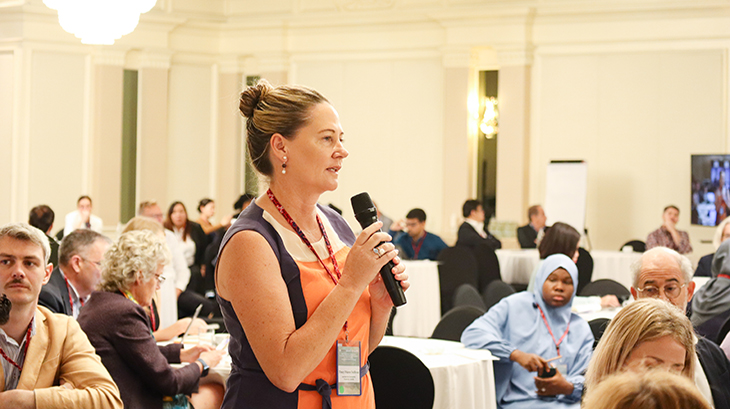Australian Veterinary Association Director Sees Animal Health as Critical to Sustainable Food Systems
December 18 2023

More information
Contact:
Resources:

Contact:
Resources: